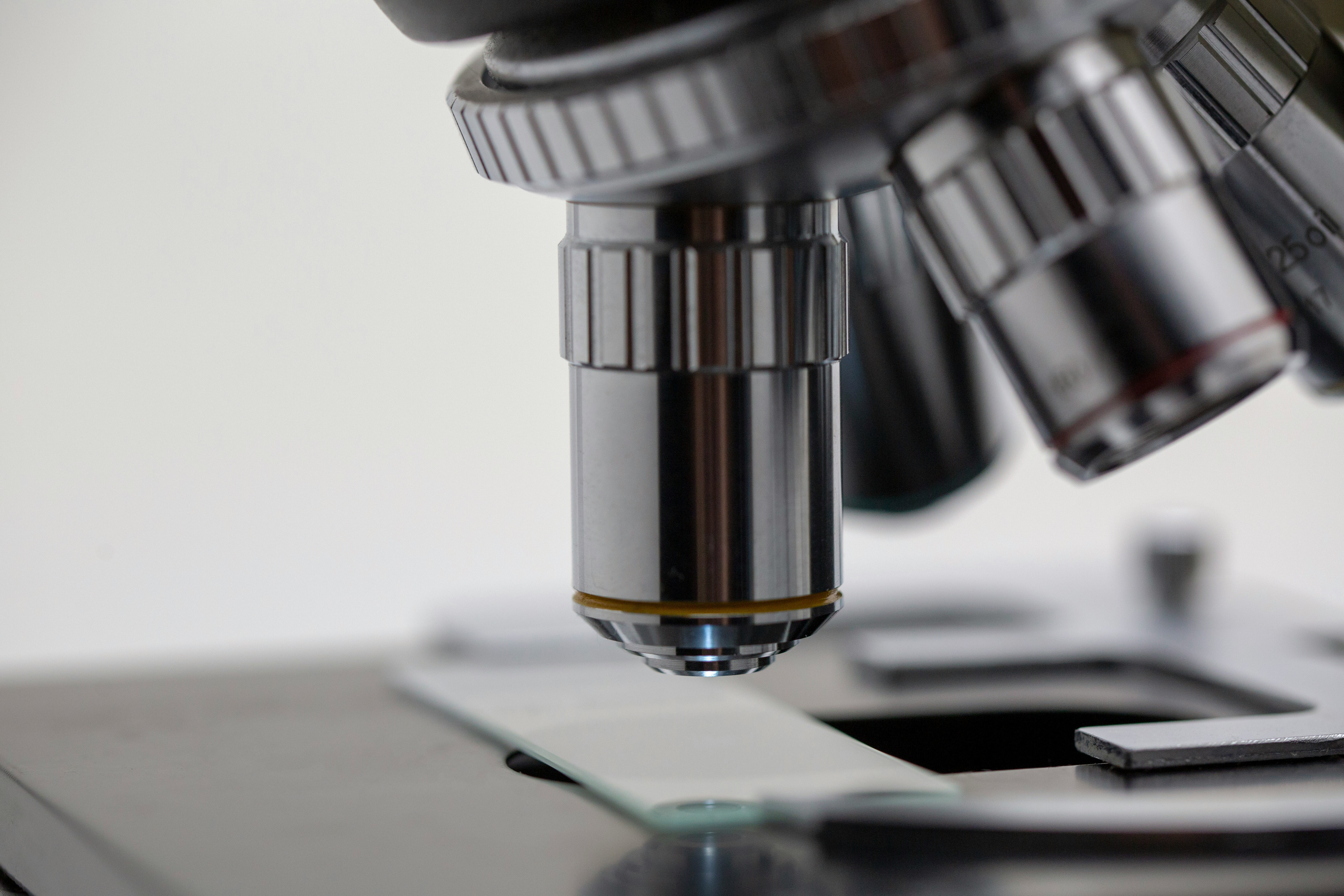Modern technology is advancing at a rapid clip, so you’d be forgiven if you struggled to keep up—particularly with the news cycle as of late. That being said, the advances in biotechnology and biochemistry are some of the most important scientific discoveries happening currently. From genetic engineering and molecular biology allowing scientists to more completely sequence the genome of the platypus (a genome sequence that fostered important findings in divergent mammalian species) to the recent advancements in COVID-19 vaccines due to targeting spike proteins in antibodies, it’s clear that biotechnology still has plenty of insights to help scientists uncover about the world.
Obviously, the recent advancements and innovations in molecular biology and life science have a major role to play in a variety of bioscience activities, including the development of better genetic engineering and even nanotechnology. All of that being said, what exactly is protein expression and how does it play a role in gene synthesis and biotechnology? Read on to learn more about how developments in the genome and other mammalian expression systems are offering powerful insights for scientists and businesses alike.
What is protein expression?

Protein expression, and more specifically recombinant protein expression, involves hand-selecting a specific protein of interest to express in a new way by altering its expression levels. You’ve probably already heard that the coronavirus vaccines from many bioscience companies target a specific spike protein in the virus in order to make it easier for the human body to make antibodies to fight the strain on its own. An expression technique is similar in that it allows different cells to have their genome altered as a way of boosting the trait that is most desirable in a specific cell. Because this impacts microorganisms on a cellular level, there’s a high success rate using this methodology in a wide range of areas.
In what capacity can these recent advances be used?

Recombinant protein expression and purification can be used in a broad array of applications where a specific trait being expressed is mutually beneficial. Generally speaking, a different type of cell will be used depending on the specific application required. Some of the most common types of cells used are E. Coli strains and yeast, although there are definitely other options, too. From offering a crop with a high yield to offering more genetically desirable traits, there are a lot of different things that you can use gene expression for, with medicine and food being two of the most common areas where these concepts are applied.
Of course, in order to accurately handle this type of cell fusion, it’s important to find a company with extensive expertise in providing others with protein expression and purification service. With the sheer amount of technical knowledge involved in such a process, knowing that the business has experience managing recombinant proteins in a variety of enzymes can make the workflow much more productive.
Clearly, protein expression is a powerful technology that will have lasting effects on the world you live in. Concepts like genome sequencing, recombinant protein expression, and synthetic biology used to develop monoclonal antibodies to fight viruses are all giving unparalleled access to how humans interface with the world. Whether you live in a city in the United States like New York or are living in London, Paris, or Tokyo, it’s likely that you’ll feel the effects of these new discoveries in protein production quite soon thanks to bioscience’s role in fighting the coronavirus pandemic. Knowing more about protein expression can be a helpful primer in understanding what’s possible, so it’s not a bad idea to do some more research on your own if the ideas presented above about expression systems and different genetic improvements have piqued your interest.








